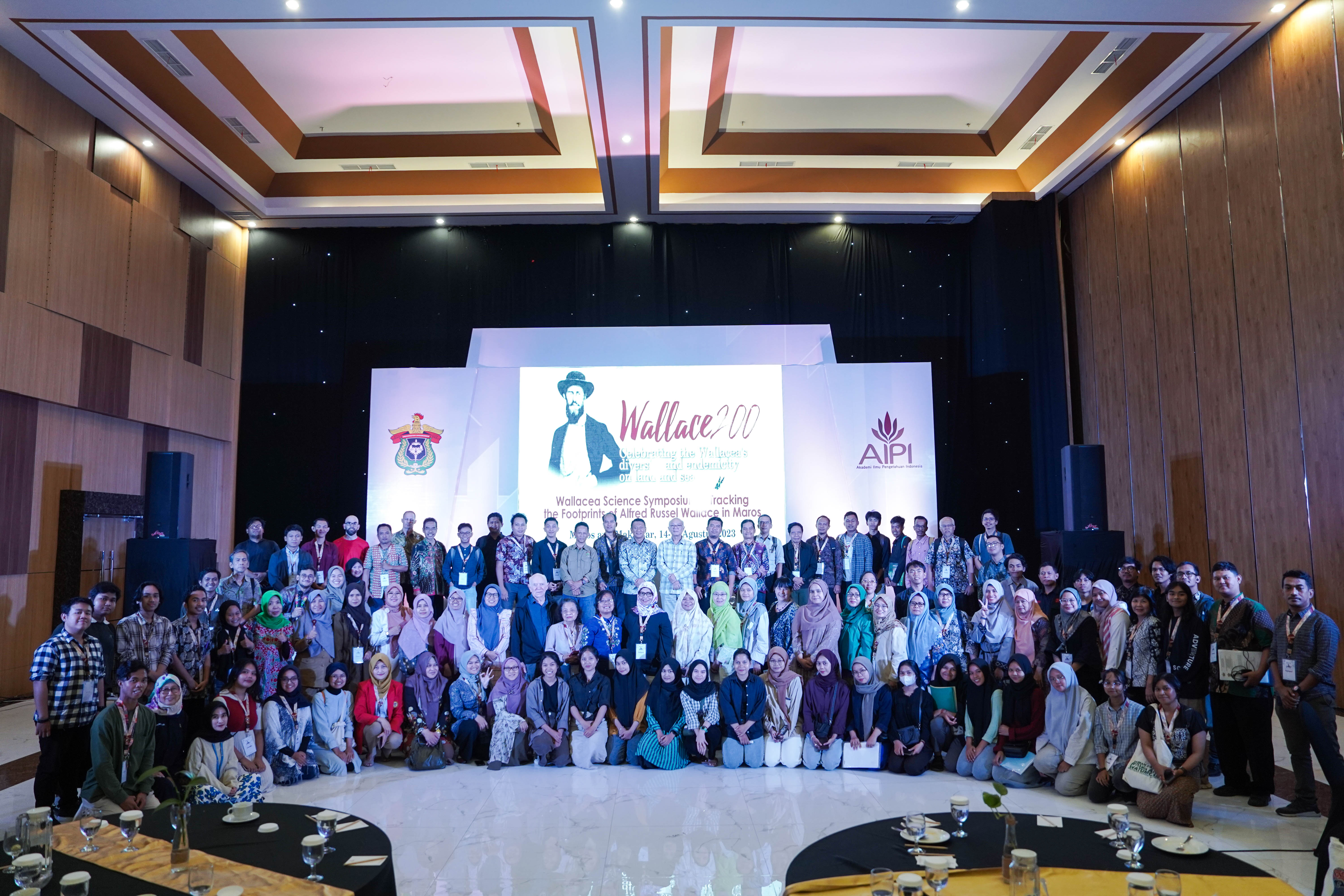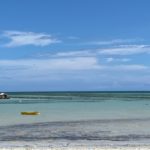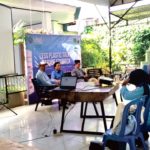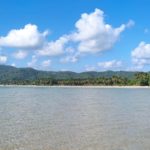In commemoration of the 200th Anniversary of Alfred Russel Wallace’s Birth, Hasanuddin University in collaboration with the Indonesian Academy of Sciences (AIPI) held a symposium titled “Wallace Science Symposium and Food Trace Tracing of Alfred Russel Wallace in Maros”. The event carried the theme “Celebrating the Diversity and Endemicity of Wallacea on Land and Sea”. It took place for three days, 13-15 August 2023, at the Hotel and Convention Ballroom, Unhas Tamalanrea Campus, Makassar and presented more than 200 participants from various universities, government agencies and environmental organizations.
 Wallace Symposium with all participants
Wallace Symposium with all participants
The event presented a series of scientific presentations by leading national and international scientists in various fields of science, such as the threat of endemic animal habitats, the social and cultural life of the community, the potential for renewable energy and biodiversity as the results of new findings and ideas in the Wallace area. The event also features panel discussions and question and answer sessions to enhance national and international scientific research collaboration in terms of conservation biology and other topics of national and international interest.
On this occasion, the Centre for Sustainable Energy and Resources Management (CSREM) of the Universitas Nasional (UNAS) participated in presenting a scientific presentation of the results of a case study from the project “Developing Sustainable Near-shore Sea Cucumber Aquaculture on Selayar Island, Indonesia”. The title “Why Blue Carbon Sea Cucumber Aquaculture is Crucial of Indonesia’s Sustainable Development Agenda” was represented by Qurratu Ainin as the Project Manager.
 Presentation from CSERM UNAS about sea cucumber aquaculture in Selayar
Presentation from CSERM UNAS about sea cucumber aquaculture in Selayar
The project aims to reduce the pressure of catching wild sea cucumbers, particularly sandfish (Holothuria scabra), which have an important role in maintaining the health of seagrass ecosystems. In addition, the project is expected to be able to increase the economic income of fishing communities and actively participate in seagrass ecosystem conservation activities.




